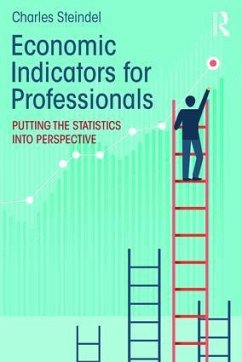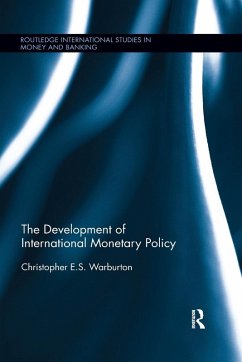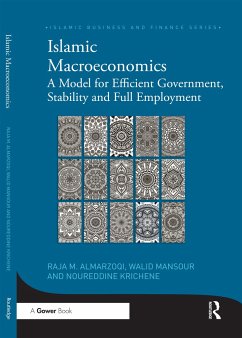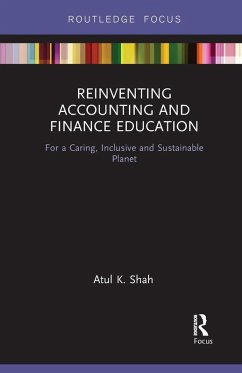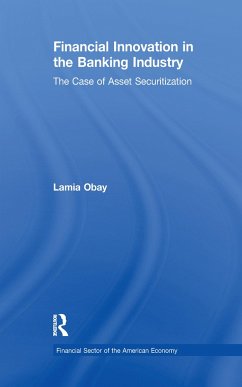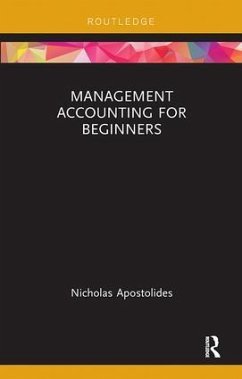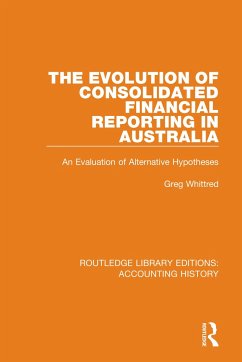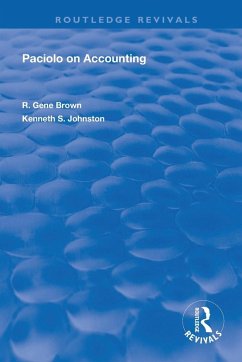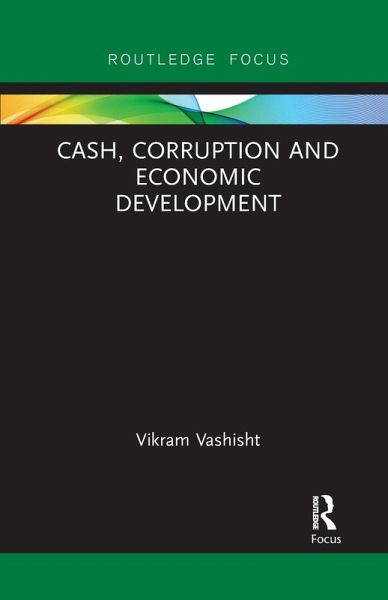
Cash, Corruption and Economic Development
Versandkostenfrei!
Versandfertig in 1-2 Wochen
29,99 €
inkl. MwSt.
Weitere Ausgaben:

PAYBACK Punkte
15 °P sammeln!
This book examines the causes of corruption and crime and highlights the cause of comfort to all those who accept bribes and kickbacks. The comfort is paper currency because it does not leave a signature of its movement from one entity to the other. Today, with the technology available, we can make the transition to a paper c





